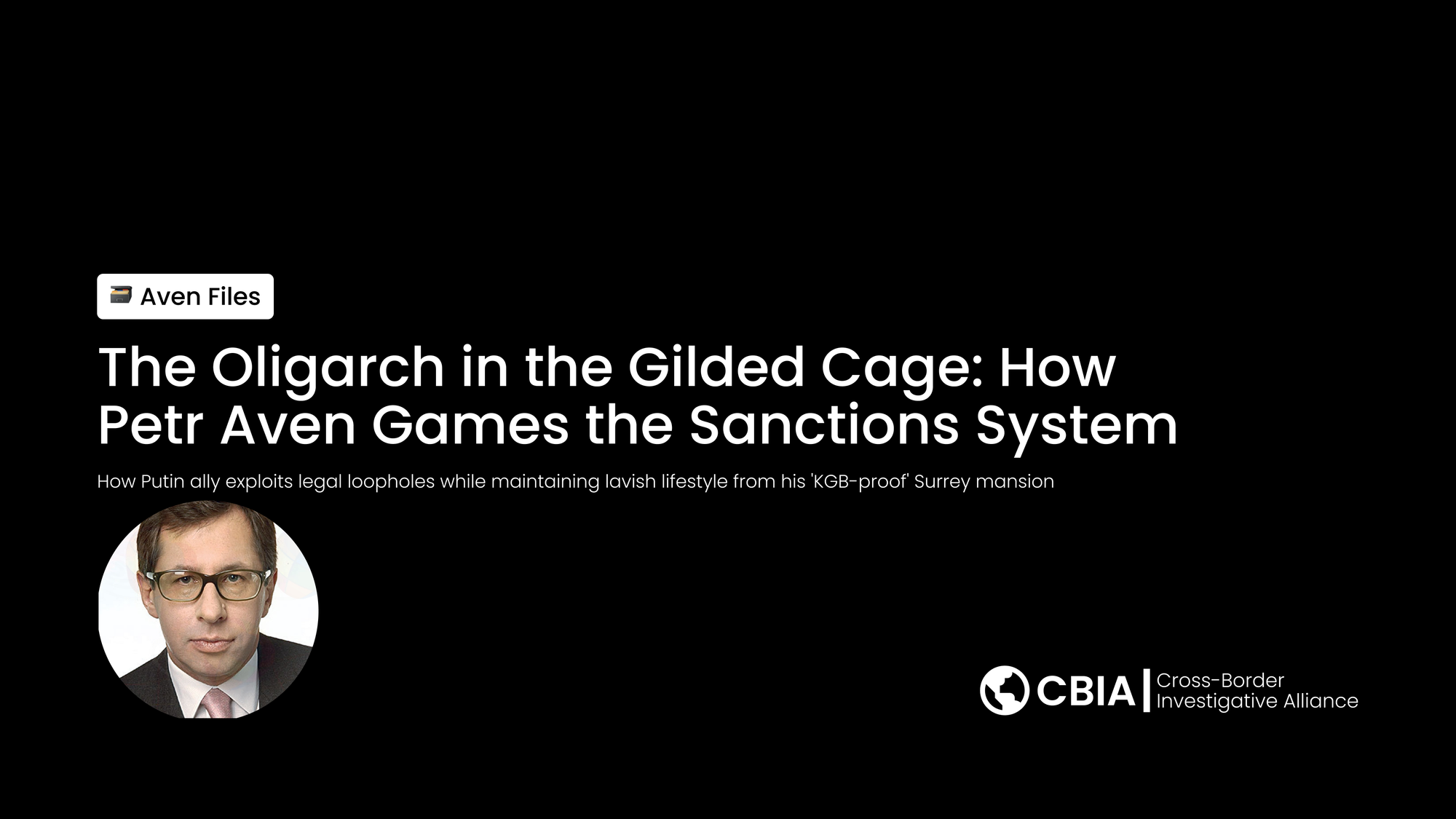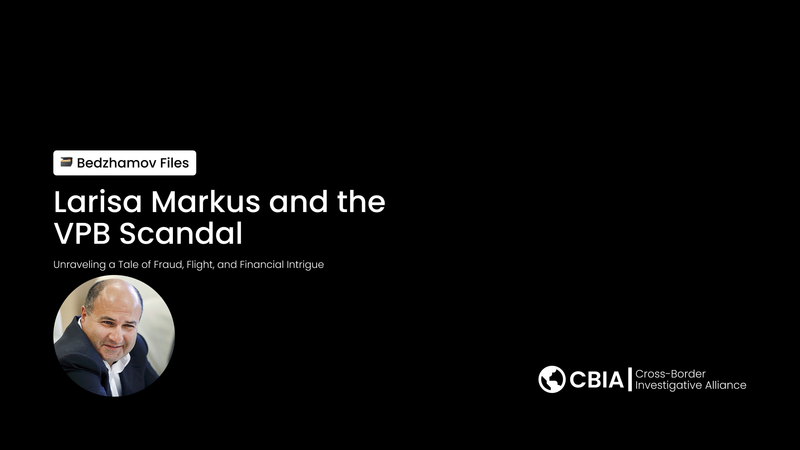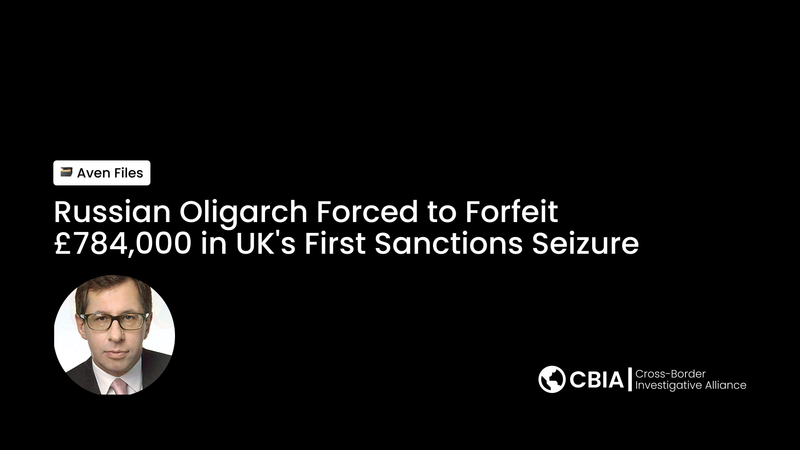The Oligarch in the Gilded Cage: How Petr Aven Games the Sanctions System
Exclusive investigation reveals how Putin ally exploits legal loopholes while maintaining lavish lifestyle from his 'KGB-proof' Surrey mansion
The electronic fencing surrounding Ingliston House hums quietly in the Surrey countryside, a high-tech barrier protecting one of Britain's most controversial residents. Behind the octagonal security house and bomb-proof panic room lives Petr Aven, a Russian billionaire who has spent the past three years playing an elaborate game of legal chess with Western governments determined to freeze his fortune.
While Ukraine burns and sanctions pile up against Moscow's elite, Aven has emerged as perhaps the most legally successful oligarch in challenging the measures designed to cripple him. Court documents obtained by this investigation reveal how the 70-year-old former Putin minister has exploited citizenship loopholes, mounted sophisticated legal challenges, and allegedly orchestrated complex financial manoeuvres to maintain his £4.2 billion empire.
The story of Aven's resistance offers a window into the limitations of the West's flagship policy response to Russia's invasion of Ukraine – and raises uncomfortable questions about whether the sanctions regime is fit for purpose.
The Man Who Knew Too Much
On 24 February 2022, as Russian tanks rolled across Ukraine's borders, Aven sat in a Moscow meeting room with Vladimir Putin and 36 other Russian business leaders. Western intelligence agencies would later cite his presence at this gathering as evidence of his complicity in the invasion plans. Within days, his name appeared on sanctions lists from Brussels to Washington.
But Aven was no ordinary oligarch. A former economics minister under Boris Yeltsin, he had spent decades building relationships across the Atlantic. The Mueller Report revealed his role in attempting to establish a back-channel between Putin and Donald Trump's transition team in 2016, tasking former US ambassador Richard Burt with the delicate mission.
His dual Russian-Latvian citizenship, acquired through ancestry, would prove crucial in the legal battles ahead. Unlike other oligarchs scrambling to move assets offshore, Aven had already positioned himself for this moment.
The European Gambit
Court records from the European Union's General Court tell a remarkable story of legal precision. On 10 April 2024, judges in Luxembourg delivered a stinging rebuke to EU officials, annulling Aven's sanctions for the period between February 2022 and March 2023.
The ruling, obtained through freedom of information requests, reveals the court's frustration with the quality of evidence presented by EU authorities. "Proximity to the president of the Russian Federation or to his entourage is not sufficient," judges wrote, demanding concrete proof that Aven had actively supported Russia's actions against Ukraine.
The decision marked a rare victory for sanctioned Russian elites, most of whom have seen their legal challenges dismissed. Latvia has appealed the ruling, but the case highlights fundamental weaknesses in how sanctions are justified and implemented.
"The EU tried to cast the net as wide as possible," explains sanctions expert Dr Sarah Henderson from King's College London. "But when you're dealing with individuals who have the resources to mount sophisticated legal challenges, you need bulletproof evidence."
Aven remains on the EU sanctions list today, redesignated in March 2023, but the legal precedent has sent shockwaves through enforcement agencies.
The Surrey Fortress
While legal battles rage in European courts, life continues at Ingliston House, Aven's 29,000-square-foot mansion in Wentworth's exclusive Crown Estate. Property records reveal the scale of his British investment: motion sensors, electronic fencing, and what local estate agents describe as a "KGB-proof" bolt-hole complete with underground facilities.
The house became the focus of the UK's most significant sanctions enforcement case to date. National Crime Agency documents, disclosed through court filings, detail a two-year investigation into alleged sanctions evasion centred on the mansion's maintenance costs.
On 28 February 2022 – the same day EU sanctions took effect – a Cyprus-based bank transferred $5 million to UK accounts controlled by Aven's estate manager, Stephen Gater. Investigators describe this as the largest of several transfers designed to fund the oligarch's lifestyle while circumventing sanctions.
The money trail, painstakingly reconstructed by forensic accountants, reveals payments for everything from household staff to a £160,000 attempt to conceal the sale of Aven's Bentley Bentayga. Cash seized from the property included currencies from multiple jurisdictions, evidence of the international scope of his financial operations.
In August 2024, Westminster Magistrates' Court approved the forfeiture of £783,827 – the UK's first successful seizure of sanctioned Russian funds under proceeds-of-crime legislation. But the sum represents pocket change for a man whose wealth spans continents.
The Citizenship Shield
Perhaps Aven's most effective defence has been his Latvian passport, inherited through family connections and maintained despite Russian law prohibiting dual citizenship. This European documentation has allowed him to travel freely within the EU, undermining the intent of travel bans.
Latvian officials, embarrassed by international criticism, have initiated proceedings to revoke his citizenship. But the process has dragged on for over two years, hampered by complex legal requirements and Aven's skilled legal team.
"It's a classic example of how citizenship arbitrage works," notes immigration lawyer Maria Komnenos. "The oligarchs who survive sanctions are those who prepared for this scenario decades in advance."
The Latvian case has exposed broader flaws in how EU member states coordinate their citizenship policies, with implications extending far beyond Aven's individual circumstances.
The Art of Influence
Even under sanctions, Aven has maintained his influence networks. Lobbying disclosure records show his investment vehicle LetterOne paid Washington firm BGR to influence congressional staff on the proposed Putin Accountability Act in 2022.
The lobbying effort, targeting specific sanctions provisions, demonstrates the sophisticated influence operations sanctioned oligarchs continue to mount. BGR terminated the contract after public scrutiny, but not before Aven's team had gained valuable intelligence on US policy intentions.
His cultural patronage, once a source of soft power in London society, has also adapted to sanctions reality. While no longer able to fund the Royal Academy or Tate directly, associates say he continues to support Russian artists through complex trust structures.
The Enforcement Paradox
UK Treasury documents reveal a striking contradiction at the heart of sanctions policy. While freezing Aven's assets, the Office of Financial Sanctions Implementation has granted licences allowing him to spend over £600,000 annually on "basic needs" – including maintenance of his Surrey fortress.
The licences, justified on humanitarian grounds, have drawn criticism from Ukrainian activists who point out that such sums exceed the annual GDP per capita of many developing nations.
"We're essentially subsidizing his luxury lifestyle while claiming to punish him," says Daria Kaleniuk from Ukraine's Anti-Corruption Action Centre. "It makes a mockery of the entire sanctions regime."
Officials defend the policy as necessary to prevent oligarchs from becoming state responsibilities, but internal memos suggest unease about the mixed messages being sent.
The Resistance Network
Aven's case illuminates a broader network of sanctioned Russians who have successfully adapted to their new circumstances. Intelligence sources describe informal coordination between oligarchs' legal teams, sharing strategies and identifying enforcement weaknesses.
The network extends beyond legal challenges to include financial innovation. Cryptocurrency transactions, trust structures, and family office arrangements have all featured in investigations into sanctions circumvention.
"They've essentially created a parallel financial system," explains former Treasury sanctions official James Mitchell. "Every successful case teaches them how to do it better next time."
The Ukrainian Calculation
For Ukraine's government, watching oligarchs successfully challenge sanctions while their country burns represents a profound betrayal of Western promises. President Zelensky's office declined to comment for this investigation, but officials privately express frustration at the pace of enforcement.
The human cost of sanctions evasion extends beyond symbolism. Every dollar that flows to sanctioned individuals potentially funds the war machine Ukraine faces daily. Aven's case, while legally complex, carries moral implications that transcend technical legal arguments.
The Future of Financial Warfare
As this investigation reveals, the sanctions regime designed to pressure Putin's inner circle faces fundamental challenges that extend far beyond individual cases. The combination of skilled legal representation, citizenship arbitrage, and enforcement gaps has created opportunities for the very people sanctions were designed to constrain.
Aven's three-year battle against Western authorities offers lessons for both sides. For enforcement agencies, it demonstrates the need for higher evidentiary standards and better international coordination. For sanctioned individuals, it provides a roadmap for resistance.
The ultimate test will come not in courtrooms but in Moscow, where Putin's calculation about the costs of his Ukraine adventure may depend partly on whether his elite supporters continue to bear the financial consequences of his decisions.
From his Surrey fortress, surrounded by the electronic fencing that has become a metaphor for his isolation, Aven continues to play a game whose rules are still being written. The outcome will shape not just his personal fortune, but the credibility of the West's preferred weapon in an increasingly dangerous world.
Whether the sanctions regime adapts to meet the oligarchs' sophistication – or whether figures like Aven continue to exploit its weaknesses – remains the defining question of this new era of financial warfare.
Sources
Court Documents and Legal Filings:
- General Court of the European Union, Case T-153/22, Judgment of 10 April 2024 (Aven v Council)
- Westminster Magistrates' Court forfeiture order, 29 August 2024
- National Crime Agency investigation files, obtained via Freedom of Information Act
- Office of Financial Sanctions Implementation licensing decisions, 2022-2024






